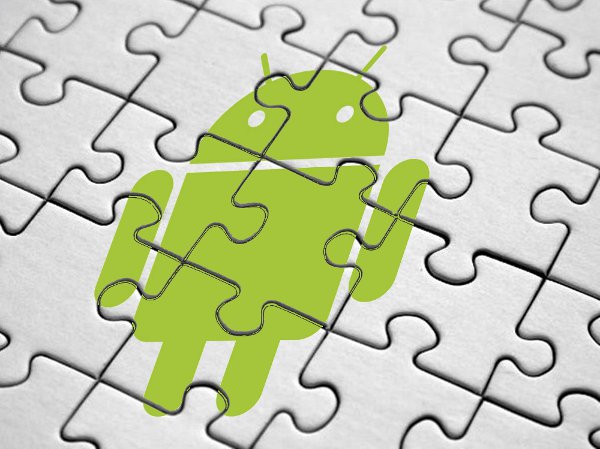
The Seattle federal judge who recently oversaw a two-week trial between Microsoft and Motorola over standards-based patents handed down a key order today, finding that Motorola won't be able to use its patents to get an injunction against Microsoft.
That means that while Motorola might be able to use its patents to win some money from Microsoft, it won't be able to get the ultimate reward of a successful patent suit: the ability to kick an opponent's product off the market.
The patent dispute was initiated by Microsoft, which is arguing that Motorola's Android cell phones infringe its patents. Motorola counter-attacked with its own patents, saying that Microsoft's Xbox infringes its own patents. However, because Motorola used patents that are tied to widely used technological standards, it turns out there are major flaws with its patent "ammunition."
In addition to the fact that Motorola can't get an injunction, it may not be able to collect as much money as it would like for those patents, either. US District Judge James Robart, who is overseeing the case, just heard a two-week bench trial regarding how much money Motorola can get for its standards-based patents, which are supposed to be priced on a "RAND" basis. (RAND stands for Reasonable and Non-Discriminatory, which is how standards-based patents are supposed to be priced; it's sometimes referred to as FRAND, for Fair, Reasonable and Non-Discriminatory.)
Motorola said the RAND rules should go by the wayside since Microsoft sued it; but Robart didn't accept that argument and indicated he's going to set a range on what those patents can be licensed for whether Motorola likes it or not. The purpose of the bench trial was to present evidence to determine that price range. The trial ended earlier this month but Robart hasn't issued a ruling in that case yet.
Many other Android handset makers have paid licensing fees to Microsoft, but Motorola has resisted. Google purchased Motorola after the litigation was filed and has continued to fight. The Google-Motorola acquisition has turned this lawsuit into the first case of the "smartphone wars" where arch-rivals Microsoft and Google have faced off directly.
No irreparable harm
The fact that the bench trial over pricing was held at all wasn't a good sign for Motorola, and this new ruling is an additional blow against it.
The problem for Motorola is that it can't show it deserves anything more than monetary damages. An injunction is a powerful remedy, and in order to get it, a company has to prove it's been harmed in a way that a money award can't compensate for. But in this case, money is enough, US District Judge James Robart ruled.
"Because Microsoft will pay royalties under any license agreement from the time of infringement within the statute of limitations, this license agreement will constitute Motorola’s remedy for Microsoft’s use of Motorola’s H.264 standard essential patent portfolio to include the Motorola Asserted Patents. Accordingly, Motorola cannot demonstrate that it has been irreparably harmed."
Robart went further than just dealing with the patents in his case. His order, he specified, applies "for Motorola's entire H.264 standard essential patent portfolio," including certain European patents at issue in a German action.
Last chance at the ITC?
Microsoft and Motorola have also gone after each other at the International Trade Commission, a venue that doesn't award monetary damages but can issue a ban on importation, which amounts to the same thing as an injunction. Motorola won a case against Microsoft using many of the same patents it's using in this case, but it has been remanded to the ITC judge for reconsideration.
Meanwhile, the ITC as a whole has indicated that it is concerned about use of standards-based patents as well. In a case between Apple and Samsung earlier this month, the ITC asked for both the parties and the public at large to weigh in on the question of how standards-based patents should be considered.
Robart's ruling is bad news for all Google and all Android makers who want to use standards-based patents to defend themselves from patent attacks by competitors. In both the bench trial and this order, Robart has shown he believes sharp limits should be placed on the use of these patents, which have been the weapon of choice for Android phone makers.
Samsung used such patents to counter-attack Apple during its giant summer trial. The judge in that case did not limit the Korean company to RAND rates, and Samsung asked for almost $400 million in compensation; however, it was a moot point because the jury decided that Apple didn't infringe the patent in any case.
Even though Robart's order today doesn't bind other judges, there aren't many rulings so far on the issue of RAND patents and it wouldn't be surprising if other judges choose to take his order into account.
No comments:
Post a Comment